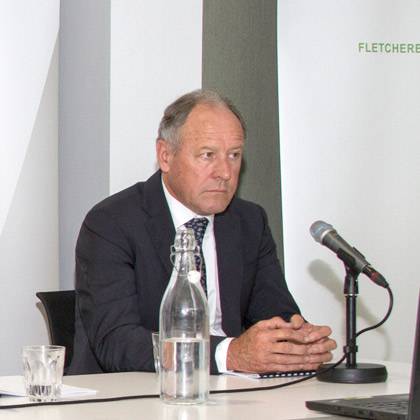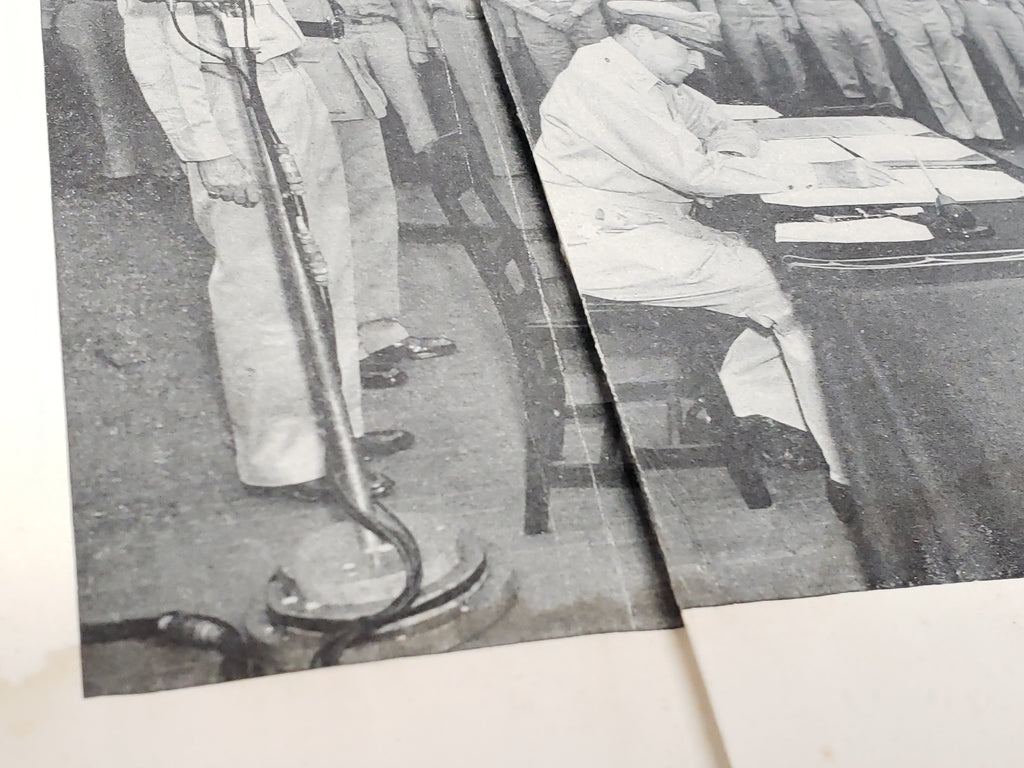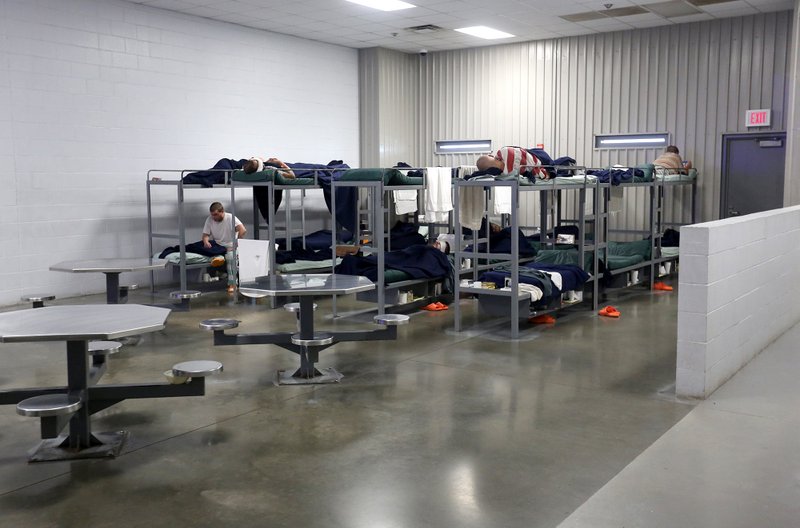From Boardroom Romance To Business Disaster: A CEO Scandal

Table of Contents
The Seeds of Scandal: How Boardroom Romances Begin
Power Dynamics and Workplace Relationships
Power imbalances are inherent in many workplace structures. A CEO, wielding significant authority and influence, creates a dynamic ripe for exploitation or coercion within relationships. This power differential can make it difficult for subordinates to refuse advances or to report inappropriate behavior without fear of retaliation. The consequences can range from emotional distress to career damage.
- Examples: A CEO leveraging their position to pressure a subordinate into a relationship, or subtly threatening career advancement for refusing romantic overtures.
- Workplace Culture: A culture that tolerates or even encourages casual workplace relationships, often fueled by long hours and close-knit teams, can normalize inappropriate behavior, making it harder to identify and address. Conversely, a culture of strict professionalism can deter such relationships.
- Company Policies: While many companies have policies prohibiting workplace relationships, particularly those involving a significant power differential, the effectiveness often depends on enforcement and reporting mechanisms. Weak policies or a lack of transparent reporting systems can allow inappropriate relationships to flourish.
The Blurring of Lines: Professional and Personal Interactions
The lines between professional and personal life often blur, especially at senior levels. Extended work hours, frequent travel, and team-building events can create opportunities for relationships to develop outside the strictly professional sphere. Initially innocuous interactions, such as late-night work sessions or shared business trips, can easily escalate.
- Escalation Examples: Casual drinks after work that gradually become more intimate, leading to a secret relationship that remains hidden from colleagues.
- Long Hours and Travel: The pressures of a demanding job, coupled with the isolation of frequent travel, can contribute to the formation of close relationships outside of the typical social circles.
- Secrecy and Lack of Transparency: Secret relationships tend to thrive in environments lacking transparency and open communication. The fear of repercussions often fuels secrecy, compounding the potential damage.
The Unfolding Crisis: The Impact on the Company
Reputational Damage and Loss of Investor Confidence
A CEO scandal, especially one involving a personal relationship, can inflict irreparable harm on a company's reputation. Negative media coverage, social media frenzy, and damaging headlines can erode trust among customers, partners, and, most critically, investors.
- Financial Losses: Numerous examples exist of companies experiencing significant stock drops, loss of market share, and diminished profitability following a CEO scandal. The Enron scandal serves as a stark reminder of the devastating consequences.
- Negative Publicity: The intensity and reach of modern media amplify the impact of a scandal exponentially. Social media platforms act as instant megaphones, spreading negative perceptions worldwide.
- Employee Morale: Employee morale plummets when a CEO's actions undermine trust and confidence in the organization’s leadership. Productivity invariably suffers.
Legal Ramifications and Financial Penalties
Beyond reputational damage, a CEO scandal can trigger legal battles and hefty financial penalties. Depending on the nature of the relationship and any associated misconduct, legal actions could include:
- Lawsuits and Fines: Lawsuits from employees involved, shareholders, or even regulatory bodies can lead to substantial financial liabilities and reputational damage. Fines for non-compliance with labor laws or ethical standards are also common.
- Legal Fees: The costs associated with legal representation, investigations, and damage control can be substantial, further draining company resources.
- Shareholder Lawsuits: Shareholders may file lawsuits against the company and its board for failing to prevent or address the misconduct, resulting in significant financial losses.
Operational Disruptions and Loss of Productivity
A CEO scandal disrupts daily operations and erodes productivity. The resulting internal turmoil, uncertainty, and lack of focus can severely impact business performance.
- Employee Morale and Focus: Distrust and uncertainty negatively impact employee engagement and morale, reducing productivity and potentially leading to increased employee turnover.
- Internal Conflict: The scandal can exacerbate existing internal conflicts and create new ones, hindering collaboration and decision-making.
- Client Relationships: Negative publicity can damage client relationships, leading to loss of contracts and business opportunities.
Prevention and Mitigation Strategies
Establishing Clear Ethical Guidelines and Policies
Robust ethical guidelines and policies are crucial to preventing workplace romances from escalating into scandals. These policies should clearly outline acceptable conduct, address power dynamics in relationships, and detail transparent reporting mechanisms.
- Policy Implementation: Effective policies require not only clear wording but also consistent enforcement. Regular review and updates are vital.
- Training and Education: Comprehensive training programs that educate employees on ethical conduct and company policies are vital.
- Reporting Mechanisms: Confidential and anonymous reporting mechanisms encourage employees to report concerns without fear of retaliation.
Fostering a Culture of Accountability and Transparency
A strong organizational culture that values accountability and transparency acts as a powerful deterrent against unethical behavior. This means cultivating a workplace where:
- Leadership Sets the Tone: The CEO and senior management must lead by example, promoting ethical conduct and adhering to company policies.
- Swift and Decisive Action: Misconduct must be addressed promptly and decisively, with clear consequences for violations.
- Open Communication: Encouraging open dialogue and feedback helps to identify and resolve potential conflicts before they escalate.
Effective Crisis Management Planning
A comprehensive crisis management plan is vital for minimizing the damage if a CEO scandal does occur. This plan should include:
- Media Strategy: Strategies for communicating with the media, managing negative publicity, and crafting a consistent message.
- Decisive Action: Quick and decisive action is crucial in managing the crisis, minimizing damage, and regaining control of the narrative.
- Legal and PR Counsel: Access to experienced legal and public relations professionals is essential for guiding the company’s response.
Conclusion: Learning from the Fallout – Avoiding a CEO Scandal
The potential consequences of a CEO scandal, ranging from financial ruin to irreparable reputational damage, underscore the critical need for preventative measures. By establishing clear ethical guidelines, fostering a culture of accountability and transparency, and developing a robust crisis management plan, organizations can significantly mitigate the risk of such a damaging event. Avoiding a CEO scandal requires proactive engagement, robust policies, and a commitment to ethical conduct at all levels. We urge you to review your company's policies and practices to ensure they effectively address workplace relationships and provide the necessary safeguards. Further research into corporate ethics and crisis management resources can provide invaluable insights and best practices to avoid a CEO scandal and protect your organization.

Featured Posts
-
 Cannes And The Traversos A Familys Photographic History
May 22, 2025
Cannes And The Traversos A Familys Photographic History
May 22, 2025 -
 Vybz Kartel A Public Figures Battle With Self Love And Skin Tone
May 22, 2025
Vybz Kartel A Public Figures Battle With Self Love And Skin Tone
May 22, 2025 -
 New Orleans Jail Escape Sheriff Suspends Campaign
May 22, 2025
New Orleans Jail Escape Sheriff Suspends Campaign
May 22, 2025 -
 Carlo Ancelotti Nin Yerine Juergen Klopp Analiz Ve Karsilastirma
May 22, 2025
Carlo Ancelotti Nin Yerine Juergen Klopp Analiz Ve Karsilastirma
May 22, 2025 -
 Activite Des Cordistes A Nantes Impact De La Construction Des Tours
May 22, 2025
Activite Des Cordistes A Nantes Impact De La Construction Des Tours
May 22, 2025
Latest Posts
-
 Wordle March 18th 1368 Hints And The Answer
May 22, 2025
Wordle March 18th 1368 Hints And The Answer
May 22, 2025 -
 0 48 Difference In Columbus Gas Prices Where To Find The Best Deals
May 22, 2025
0 48 Difference In Columbus Gas Prices Where To Find The Best Deals
May 22, 2025 -
 Solve Wordle Today Hints And Answer For March 18 1368
May 22, 2025
Solve Wordle Today Hints And Answer For March 18 1368
May 22, 2025 -
 Wordle 1368 Hints And Answer March 18
May 22, 2025
Wordle 1368 Hints And Answer March 18
May 22, 2025 -
 Finding The Cheapest Gas In Columbus A 48 Cent Price Difference
May 22, 2025
Finding The Cheapest Gas In Columbus A 48 Cent Price Difference
May 22, 2025
